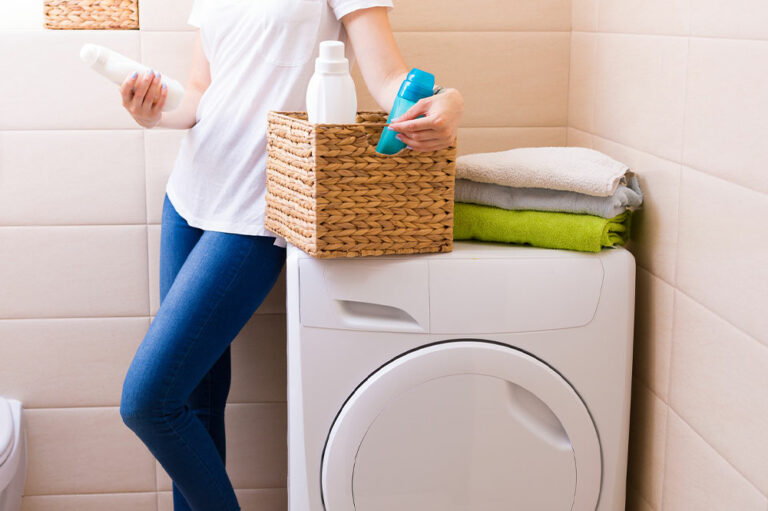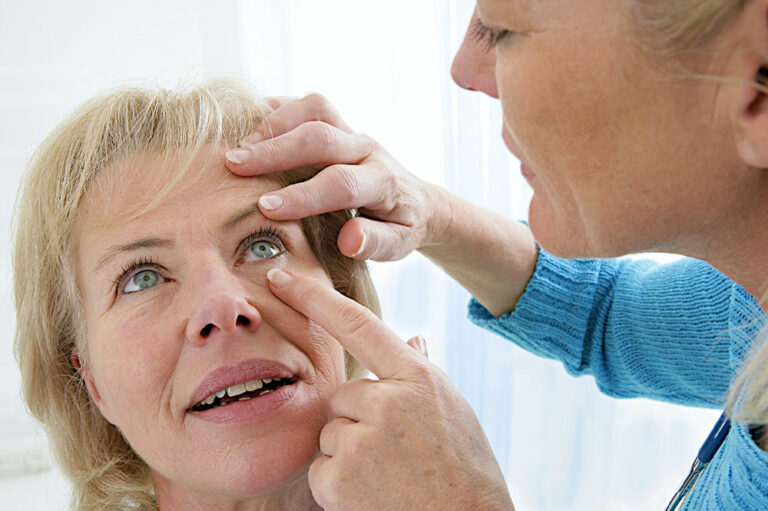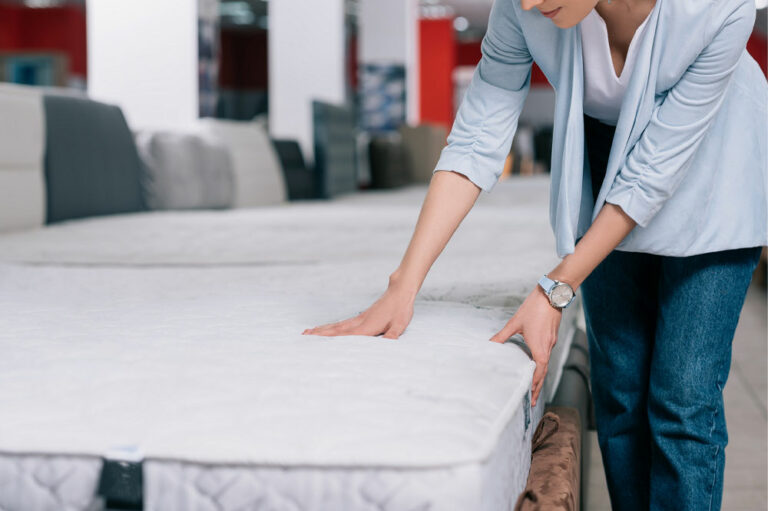
15 Tips for Relieving Severe Eczema Symptoms
Eczema is a condition where one’s skin develops rashes and rough, dry patches that are often itchy. Eczema is triggered by an immune system response to certain irritants. However, genes and environmental factors can also increase the risk of developing this skin disease. While the condition is not contagious, it does not have a permanent cure. Nevertheless, eczema symptoms can be managed by making a few lifestyle changes and using remedies and treatment options.
Tips for managing eczema
The main reason for an eczema flare-up is being exposed to certain allergens or irritants. So, recognizing and avoiding the triggers can help one manage their condition. Here are a few tips for managing skin disease:
Consider switching laundry detergents
Laundry detergents are usually loaded with strong chemicals that help clean the clothes and remove stains. However, these chemicals can be left behind on clothes, damaging the skin. So, if one is dealing with stubborn eczema symptoms that are not easily managed, they should consider changing the detergent and opting for milder alternatives. One should also consider rinsing the clothes with plain water after washing them with detergent to get rid of soap residue. This can help reduce the risk of skin irritation.
Use ice packs
Applying ice packs for 10 to 15 minutes twice daily can help reduce redness and inflammation. It can also help relieve skin irritation and redness. A cold compress can also prevent the worsening of eczema symptoms and stop the skin disease from spreading to other surfaces.
Avoid hot showers
People with skin diseases should consider showering with lukewarm water. This will help open the skin pores, getting rid of the dirt on the skin. This further helps in reducing skin infections by keeping the skin clean. However, avoid showering under warm water for more than 10 to 15 minutes as it may irritate the skin and lead to a burning sensation. One should adjust the water temperature before stepping into the shower.
Apply oatmeal paste
An oatmeal paste can be prepared by soaking the oats in water overnight and grinding them into a paste in the morning. This paste can be applied on rashes and itchy patches on the skin at least once a week. The paste can help the skin heal faster and is a well-known home remedy for eczema.
Try a mild bleach bath
One can add a cup of bleaching powder to the bucket of water or tub before taking a bath. This shall help soothe the skin. Bleach is a popular cleaning agent that can eliminate bacteria. A mild bleach solution can help clean the skin, control flare-ups, and prevent skin infections. After adding the bleach powder to the water, one should wait for 10 minutes to let the powder dissolve.
Add apple cider vinegar to bath water
Apple cider vinegar can have a similar effect as household bleach. One should add one to two cups of Apple cider vinegar to the bucket of water or the bathtub to help soothe the skin. This also helps reduce redness and calms the skin down, reducing itching and helping in managing eczema.
Switch to a mild soap
All soaps have a certain pH level that should not be immensely higher than the skin’s PH levels. People dealing with sensitive skin or skin diseases should switch to milder soaps that have lower pH levels. One should choose superfatted or non-alkaline soaps. Reading the ingredients is an important step to avoid soaps with harsh chemicals like sodium laurate sulfate, which can irritate the skin and causes itching.
Use moisturizers to avoid dry skin
Eczema can make the skin dry and flaky. Using a moisturizer can help hydrate the skin, helping avoid dryness. However, people with skin diseases should check out the ingredients of the moisturizer and consult a dermatologist to find the best product for their skin. Also, one should avoid using multiple harsh products that may end up harming the skin and triggering in a flare-up.
Apply coconut oil
Coconut oil helps manage dry and flaky skin and can be a great moisturizer. It can also relieve symptoms like redness and inflammation. One should apply the oil on damp skin, preferably after a bath. This helps the oil form a slim layer over the skin and fight bacteria.
Use aloe vera gel
Aloe vera gel is known to have amazing healing properties. It helps in managing skin infections, blisters, and itching. One can apply it once every day for the best results. Using fresh aloe vera gel is also a convenient option.
Avoid harsh fabrics
Clothing can worsen eczema symptoms. One should avoid scratchy fabric like wool and synthetic fibers that can irritate the skin and trigger a flare-up. Wearing such clothes can cause itchiness and worsen eczema. One should opt for cotton or organic fabrics that do not irritate the skin and feel great on the skin.
Wear loose, breathable clothes
People with eczema should wear outfits that are light and breezy. This helps air reach the skin and avoid excessive sweating and irritation. Tight clothes stick to the skin and make one sweat more, worsening the symptoms and triggering a flare-up.
Avoid scratching the skin
Scratching over eczema rashes will only worsen the symptoms and cause scarring. So, one should resist scratching itchy patches by using ointments and creams that can help relieve the irritation.
Consult a doctor for supplements
Supplements such as vitamin D, cod liver oil, turmeric oil, and CBD can help reduce the effects of eczema and aid in faster healing. One should consult a dermatologist and ask them for supplements that are safe to add to one’s routine.
Using harsh products may cause additional damage to the skin and aggravate the symptoms of eczema. So, one should check the ingredients before buying the product and recognize the products that can trigger flare-ups. One should try a patch test to ensure the product will not harm the skin. If one notices worsening symptoms, they should consult a dermatologist to determine the triggers or irritants.





